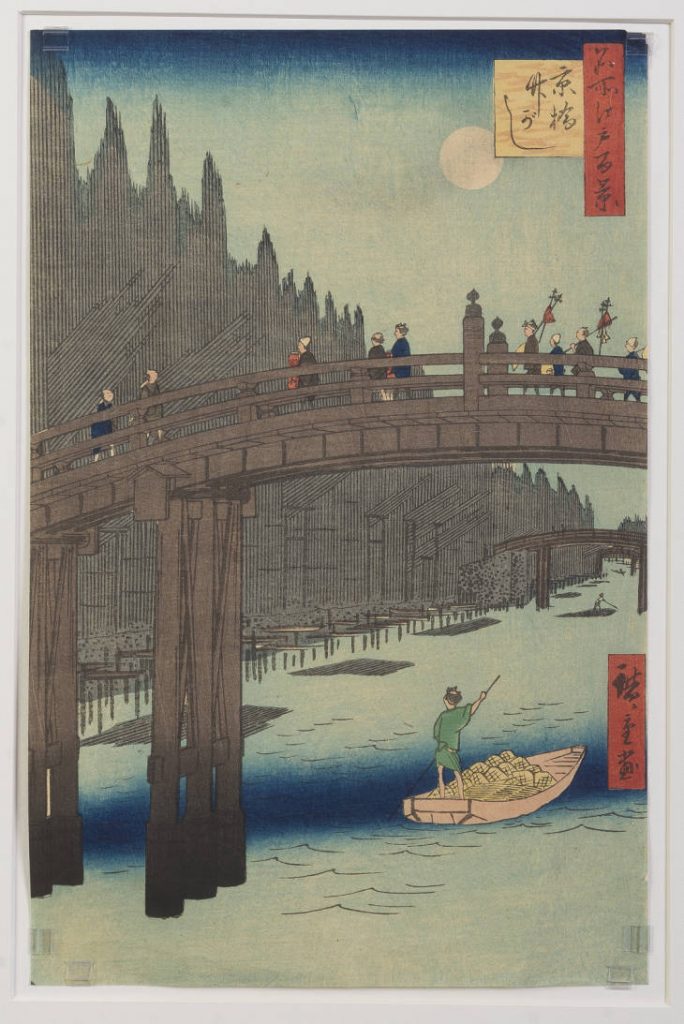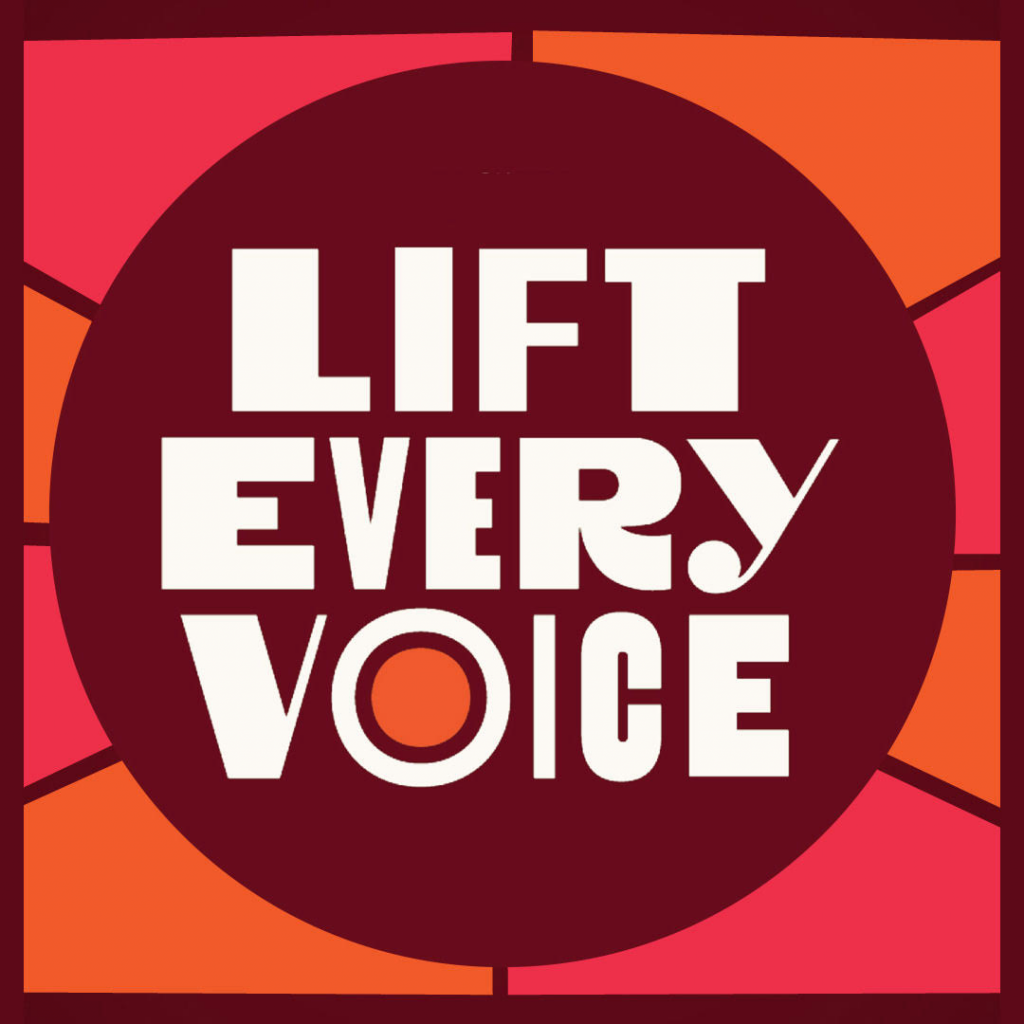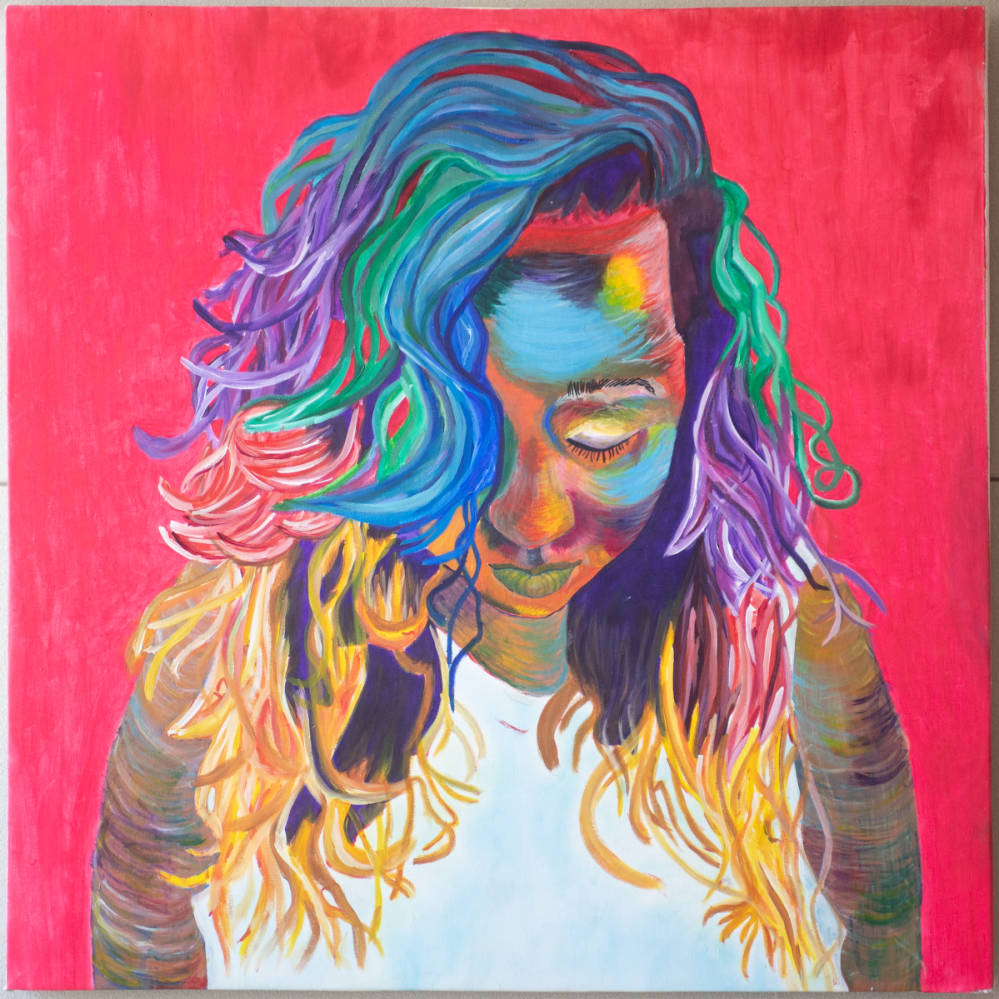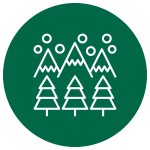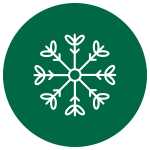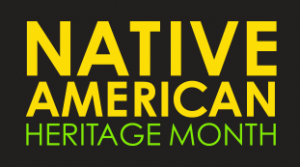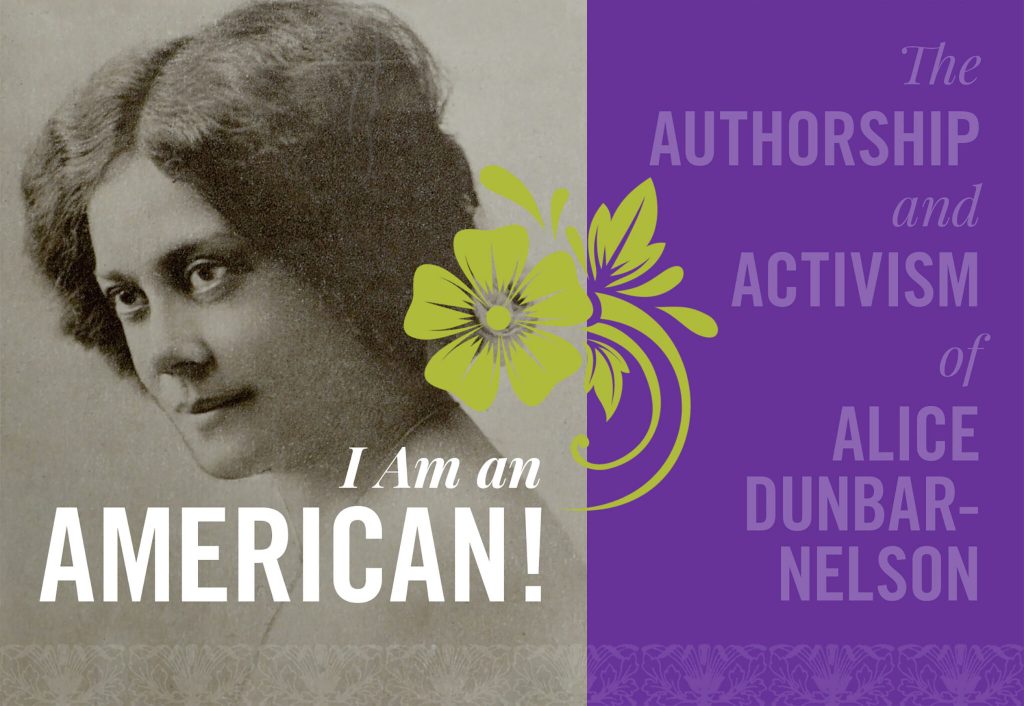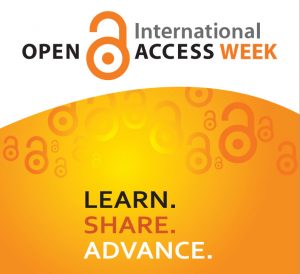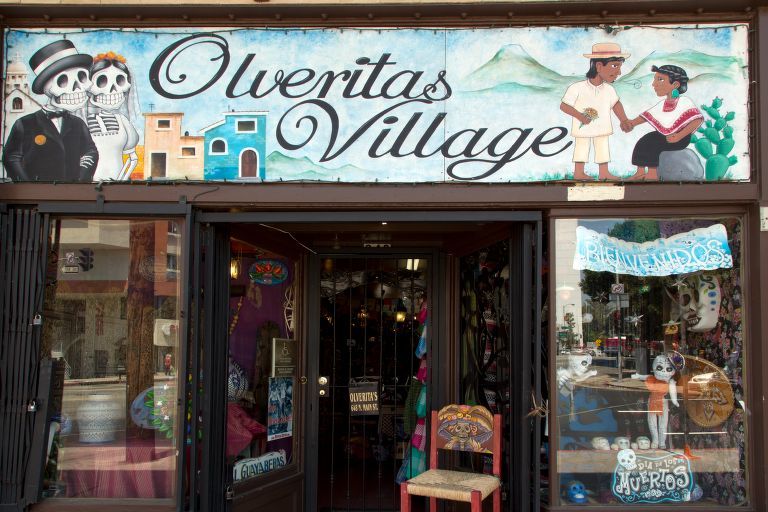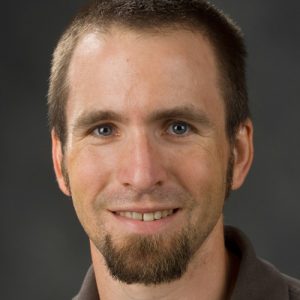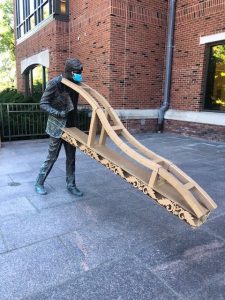A selection of Utagawa Hiroshige’s woodblock prints are on exhibit in The School of Art’s Wakeley Gallery now through February 11, 2021. Each print is a small world to lose yourself in during these trying times.
These and other woodblock prints are part of IWU’s Campus Art Collection.
From the exhibition guide:
In Hiroshige’s groundbreaking series of woodblock prints, The 53 Stations of the Tokaido (1832-1833), he captured the journey along the Tokaido road, the highway connecting Edo to Kyoto, the imperial capital.

